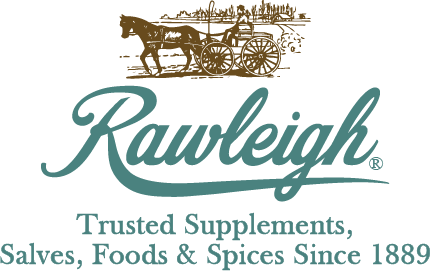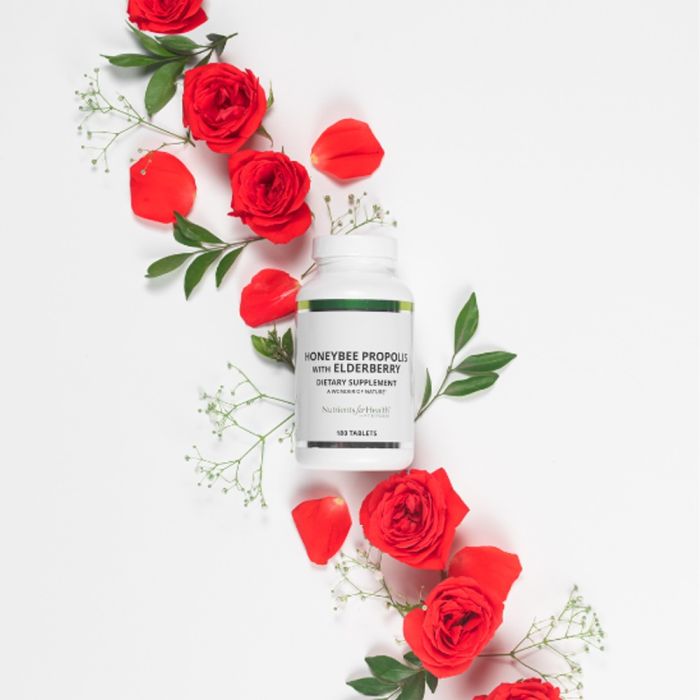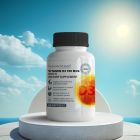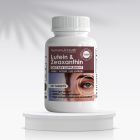Honeybee Propolis With Elderberry: 180 tablets
Made in USA | Best quality - manufactured in certified GMP facility | Daily dose provides 1000 mg pure, powerful, natural, proprietary blend| Propolis | Elderberry fruit extract | Honey | Super bioflavonoid complex | Nutrition from the beehive - nature's pharmacy | Easy to swallow tablets | Suitable for Vegetarians | Immunity & allergy support *
The word propolis comes from the Greek language “defender of the city”. The bees for millions of years have protected their hives from invasion and infection with a sticky, resinous substance called propolis. The elder bees within the hive gather the propolis from the bark and leaf buds of certain trees and plants. The propolis is brought back to the hive, mixed with wax and saliva to creating a greenish brown rubbery substance with which to seal, polish and coat the interior of the hive. This provides the queen bee with a sterile environment in which to hatch her eggs, and ensures that wind, rain, pollution, bugs and parasites are kept out, as well as bacteria.
Combining nature's purest ingredients Rawleigh has developed this blockbuster formula to support your immune function. *
CDC - Nearly 1 in 3 U.S. adults and more than 1 in 4 U.S. children reported having a seasonal allergy, eczema, or food allergy in 2021, according to new data from CDC’s National Center for Health Statistics ( Jan 26, 2023). Almost 6% of U.S. adults and children have a food allergy, with Black, Non-Hispanic adults, and children one of the most likely to report this type of allergy.
Findings from the adults’ report include:
- About one quarter (25.7%) of adults have a seasonal allergy, 7.3% have eczema, and 6.2% have a food allergy.
- White, Non-Hispanic adults are more likely to have a seasonal allergy (28.4%) compared to Black, non-Hispanic (24%); Hispanic (18.8%) and Asian, non-Hispanic (17.0%) adults.
- The percentage of adults with eczema is higher among women (8.9%) compared to men (5.7%).
- Black, Non-Hispanic adults are more likely to have a food allergy (8.5%) compared to Hispanic (4.4%); White, non-Hispanic (6.2%), and Asian, non-Hispanic (4.5%) adults.
Highlights from the children’s report include:
- Nearly 1 in 5 children (18.9%) have a seasonal allergy, 10.8% have eczema, and 5.8% have a food allergy.
- Boys (20%) are more likely to have a seasonal allergy than girls (17.7%).
- Children 6-11 years are most likely to have eczema (12.1%), followed by children 0-5 years (10.4%), and children 12-17 years (9.8%).
- Black, non-Hispanic children are more likely to have a food allergy (7.6%) compared to Hispanic (5%) and White, non-Hispanic (5.3%) children.
* These statements have not been evaluated by the Food and Drug Administration. This product is not intended to diagnose, treat, cure, or prevent any disease.
Allergens
-
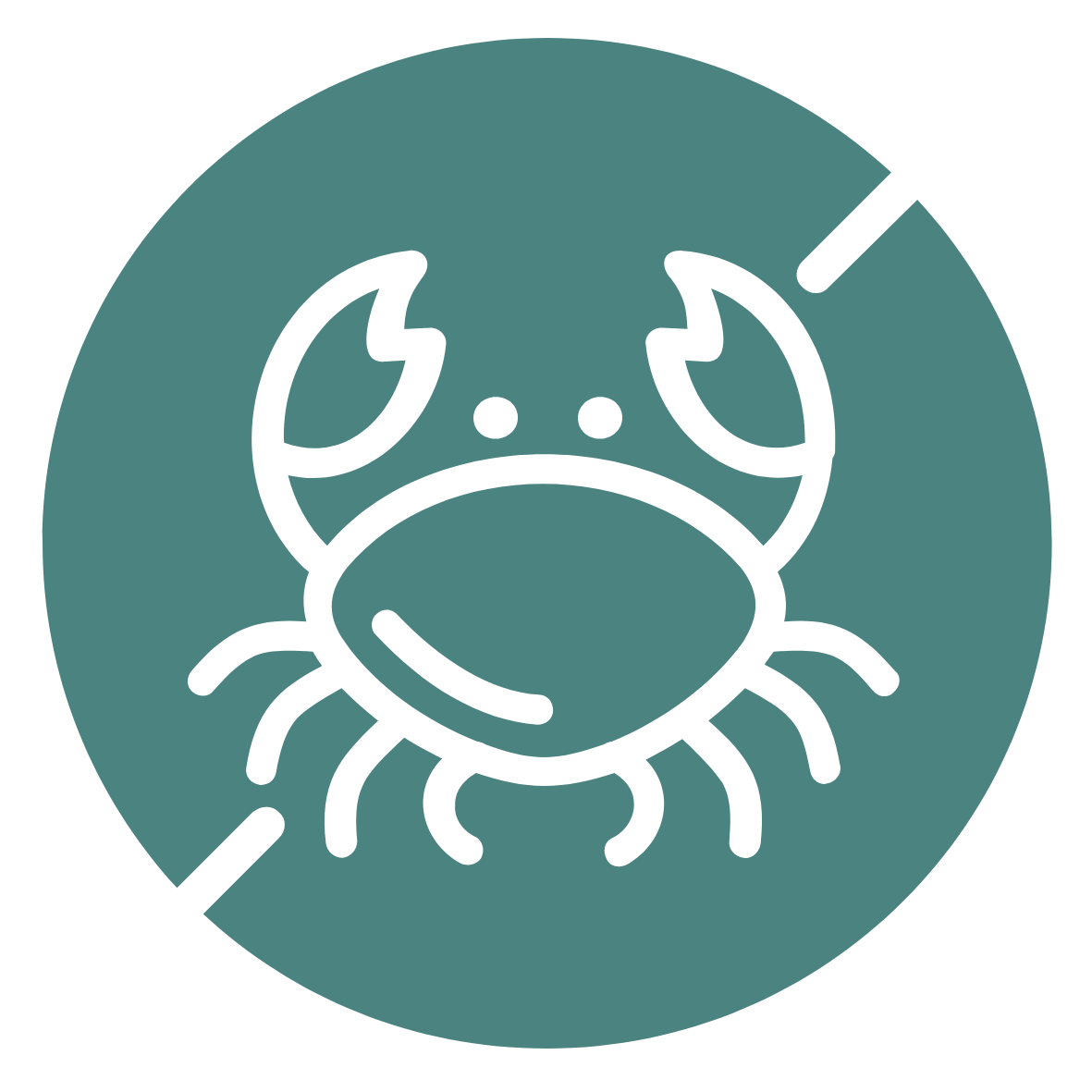
Crustacean Free
-
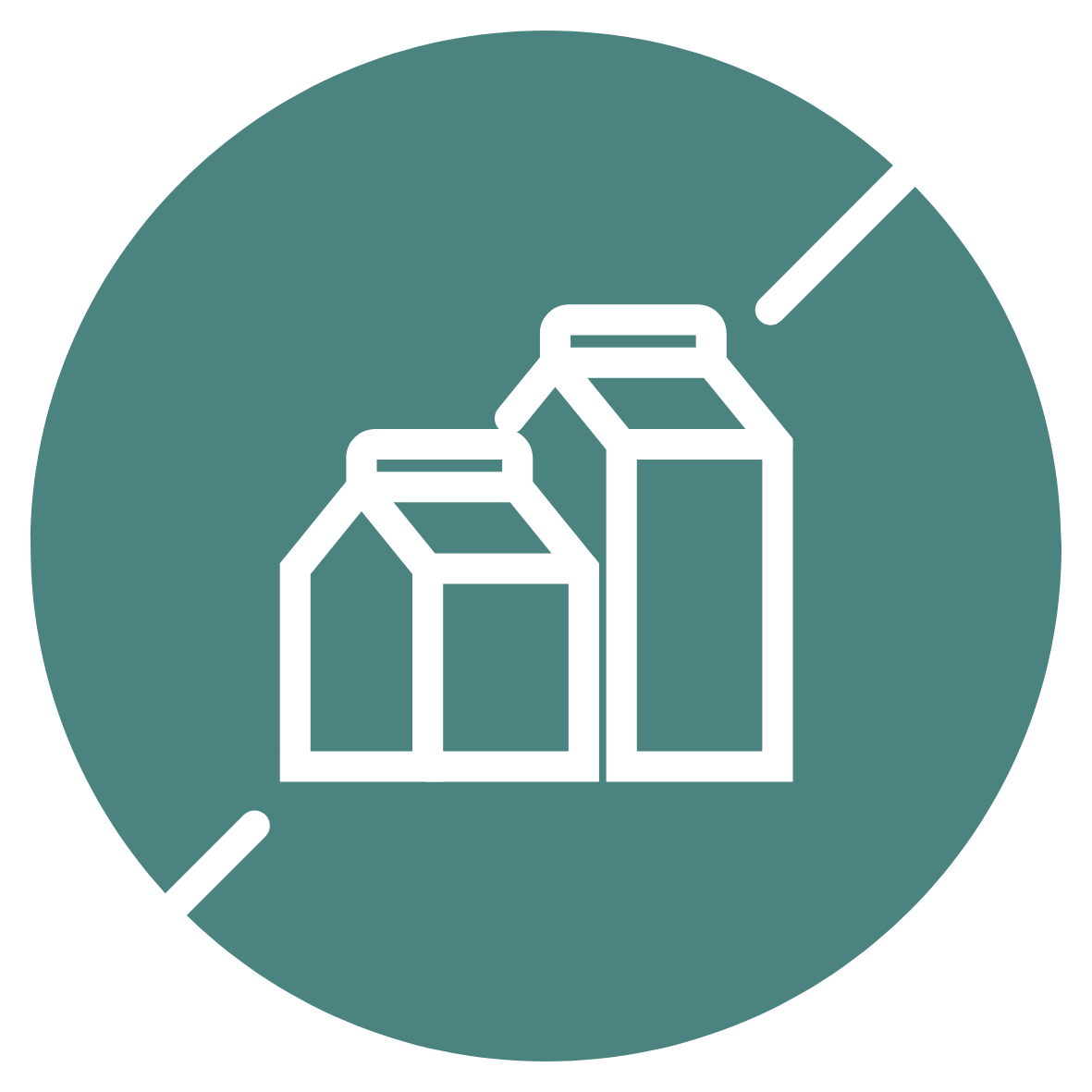
Dairy Free
-

Egg Free
-

Fish Free
-
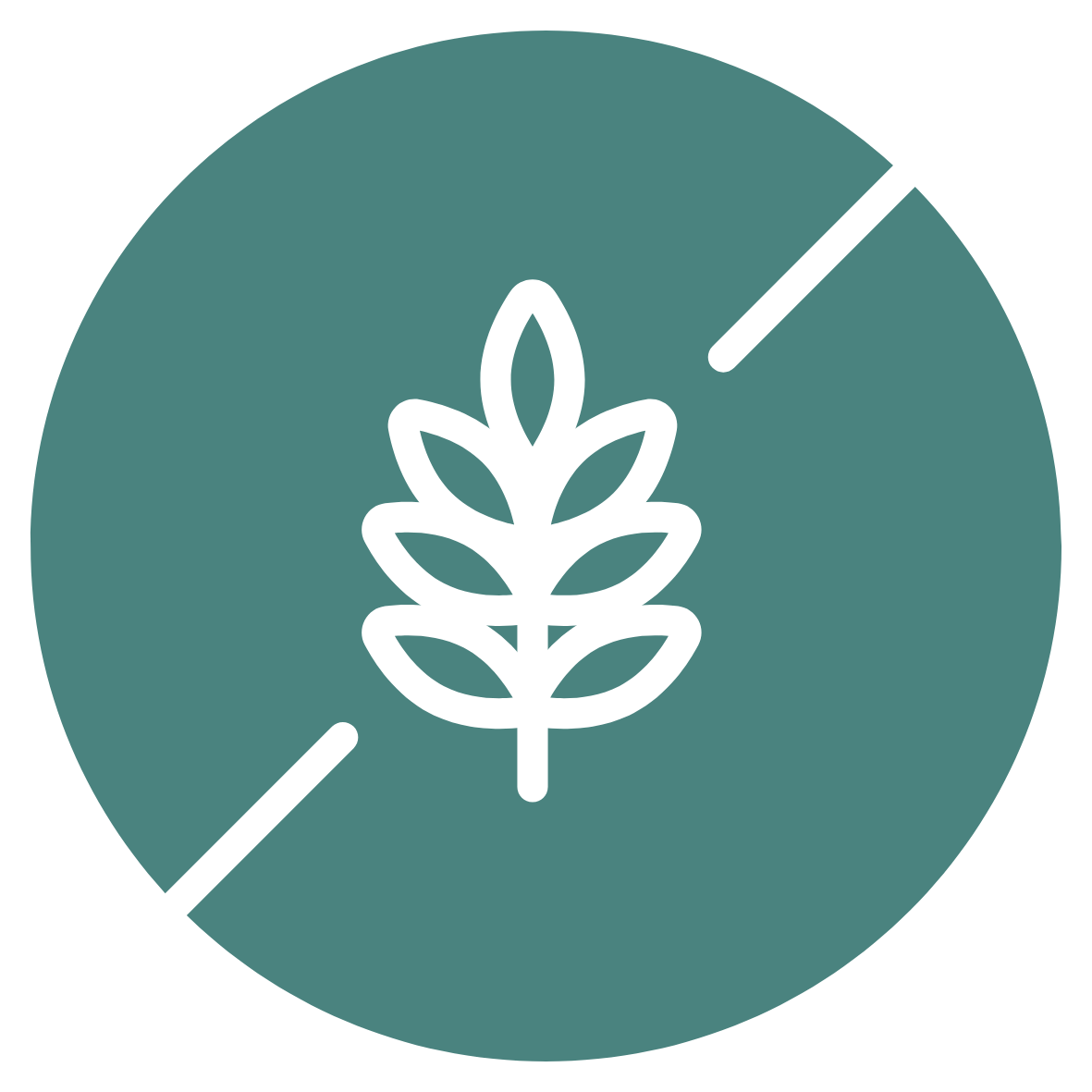
Gluten Free
-
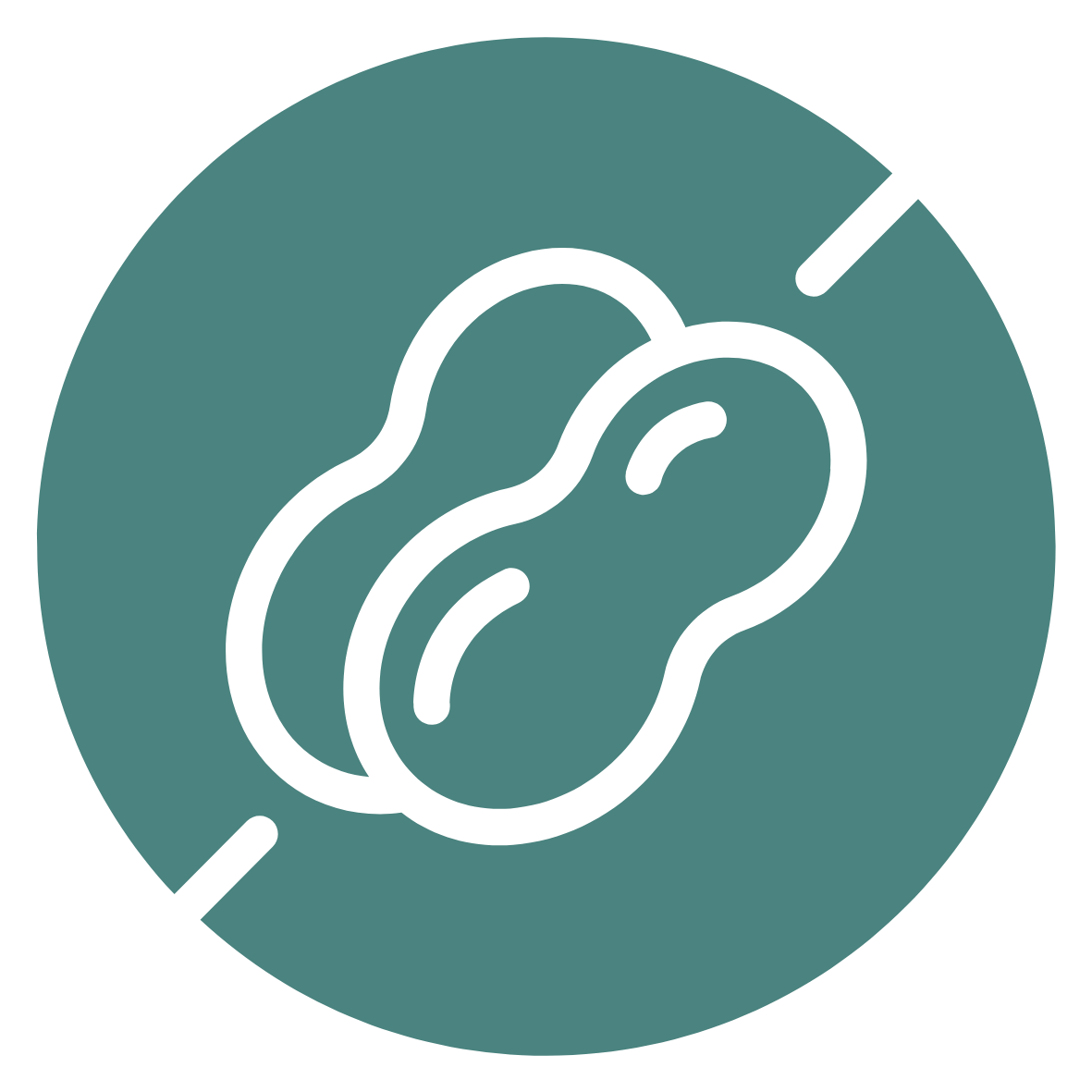
Peanut Free
-
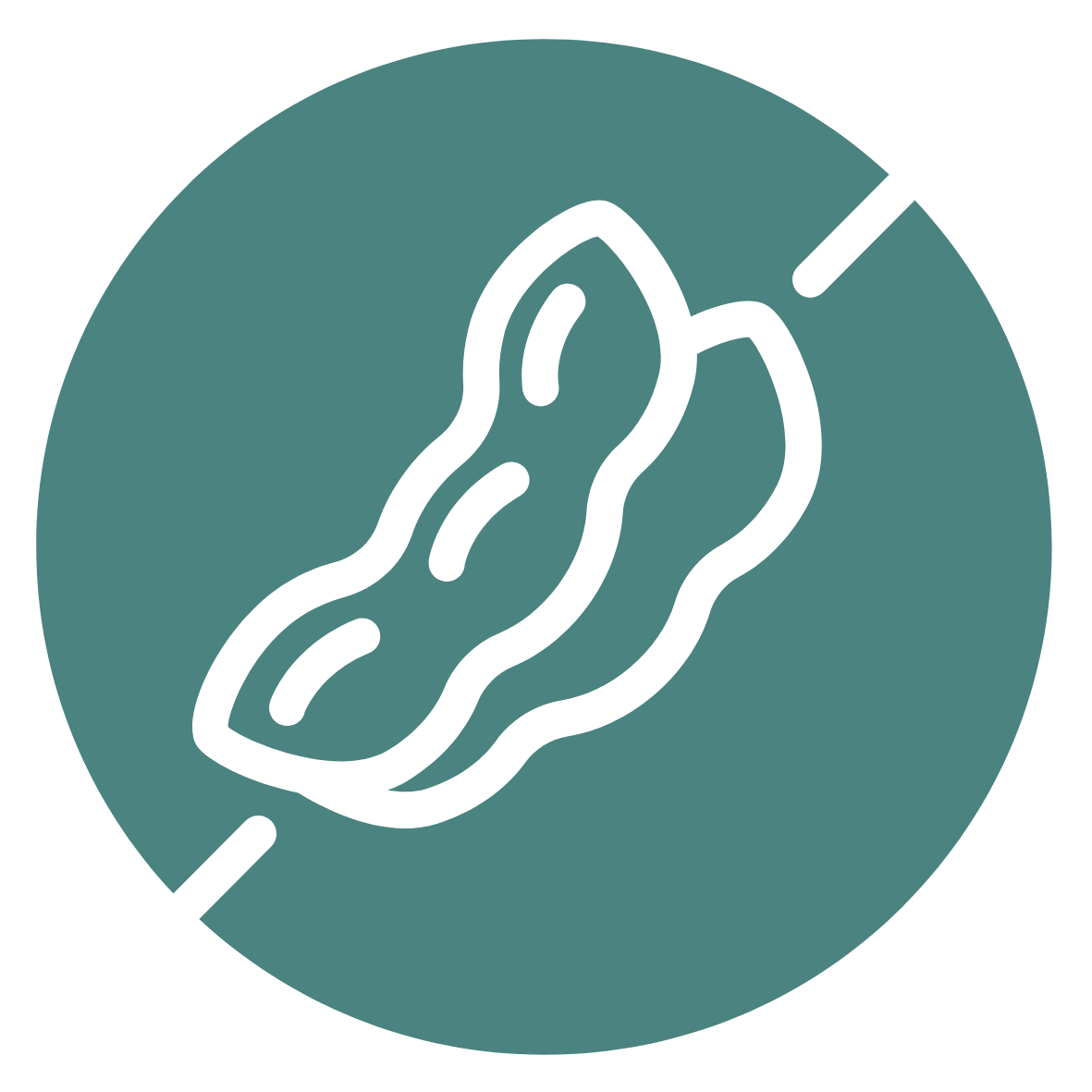
Soy Free
-

Tree Nuts Free
-

Sesame Free
- 1 x Pack CA$56.69 Price ea.
- 2 x Pack CA$53.86 Price ea.



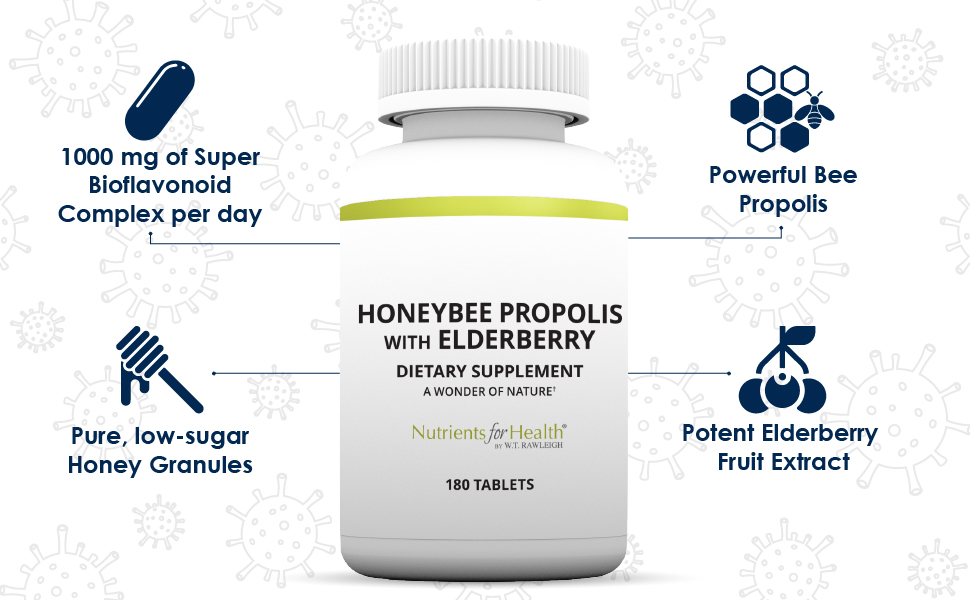
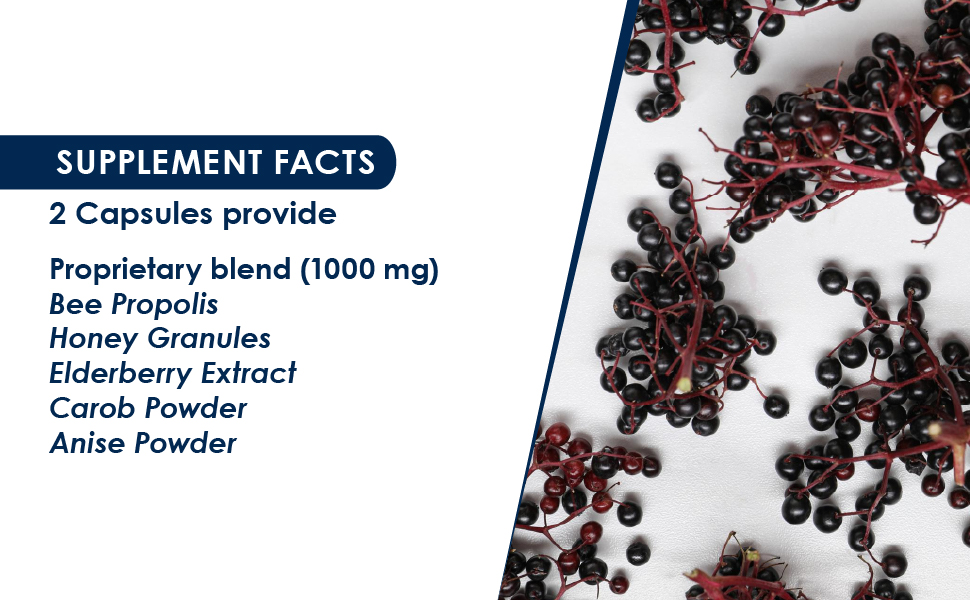


| UPC | 850015036262 |
|---|---|
| Brand | Rawleigh |
| FAQ | Q: Is it recommended to take Honeybee Propolis during pregnancy or while breastfeeding? A: We recommend that you review all nutritional supplements with your physician prior to use. In particular, pregnant and nursing women should always consult with their primary care physician regarding vitamin intake to ensure that they are not over or under supplementing.* Q: Is Honeybee Propolis safe for children and teenagers? A: It is recommended that you first consult with a qualified healthcare professional. Most recommendations for daily use are based on an adult*. * These statements have not been evaluated by the Food and Drug Administration. This product is not intended to diagnose, treat, cure, or prevent any disease. |
| Dose | 2 a Day |
